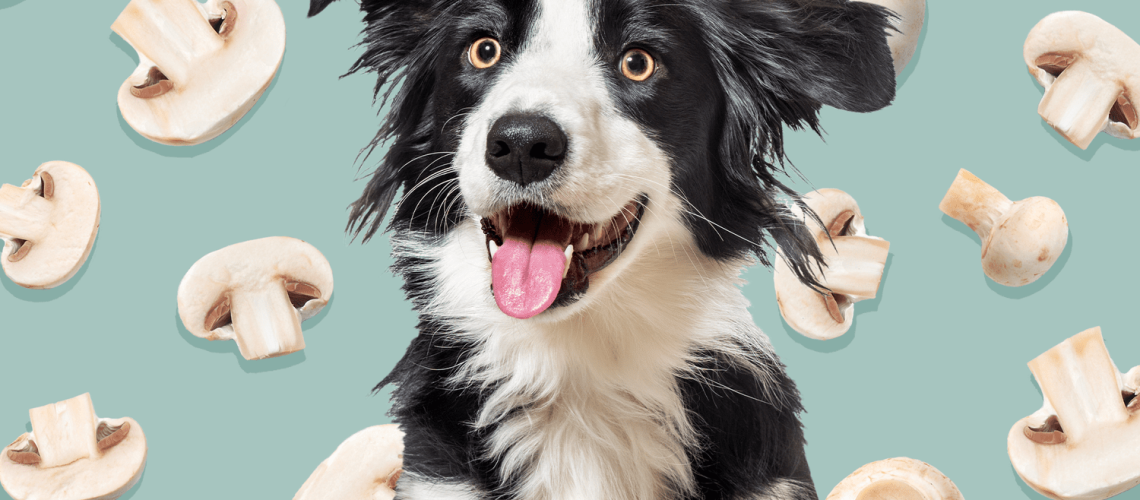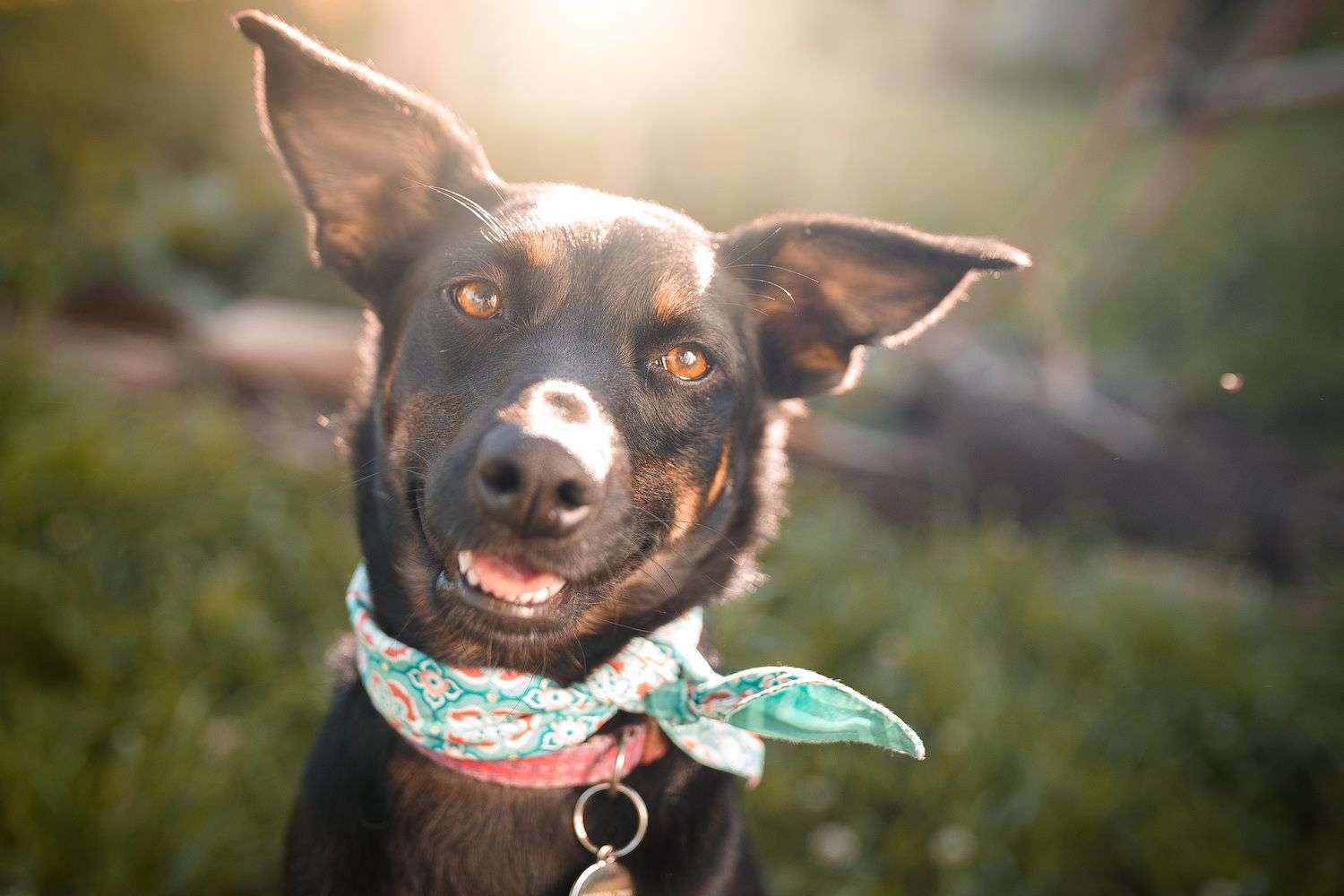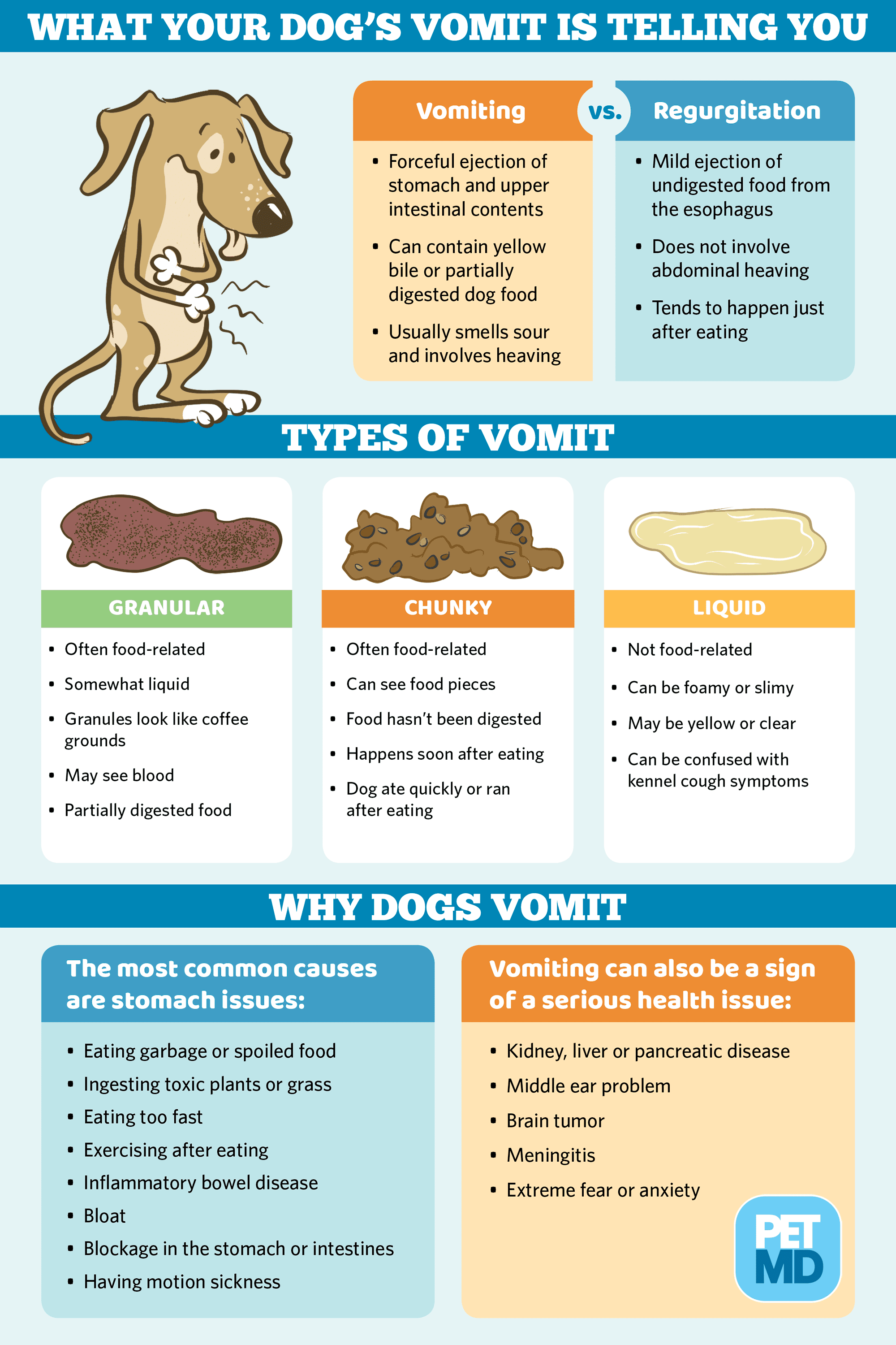Key Takeaways:
- Some species of mushrooms are toxic to dogs and can cause severe health problems or even be fatal.
- It is important to prevent dogs from consuming wild mushrooms as it is difficult to determine which ones are safe.
- Cooked mushrooms in small amounts can be safe for dogs, but it is best to consult with a veterinarian before feeding them to your pet.
- Symptoms of mushroom poisoning in dogs may include vomiting, diarrhea, abdominal pain, weakness, tremors, and seizures.
- If you suspect your dog has ingested mushrooms or shows any signs of poisoning, seek immediate veterinary attention.
Introduction:
Are you a dog lover? Do you often find yourself wondering what foods are safe for your furry friend to eat? Well, today we're diving into the fascinating world of mushrooms and whether or not dogs can indulge in these earthy delights.
What are mushrooms and why do people eat them?
Mushrooms are a type of fungus that come in many different shapes, sizes, and colors. They can be found growing in forests, fields, or even in your own backyard. People eat mushrooms because they have a unique taste and texture that can add flavor to dishes. Some mushrooms are also known for their health benefits and are used in traditional medicine.
There are many different types of edible mushrooms that people enjoy eating. Some popular varieties include button mushrooms, shiitake mushrooms, and portobello mushrooms. Mushrooms can be cooked in various ways - they can be sautéed, grilled, added to soups or stews, or even eaten raw in salads.
Can dogs eat mushrooms like humans do?
No, dogs should not eat mushrooms that are meant for human consumption. While some types of mushrooms are safe for dogs to eat, it is best to avoid giving them any mushrooms at all. Dogs have different digestive systems than humans and may not be able to break down certain compounds found in mushrooms.
Why shouldn't dogs eat human-grade mushrooms?
Dogs can have adverse reactions to certain types of mushrooms that humans can safely consume. Some species of wild mushrooms contain toxins that can be harmful or even deadly to dogs if ingested. It is important to remember that just because a mushroom is safe for humans does not mean it is safe for dogs.
List of reasons why dogs should not eat human-grade mushrooms:
- Dogs may have difficulty digesting certain compounds found in mushrooms
- Some species of wild mushrooms are toxic to dogs
- Mushrooms meant for human consumption may contain seasonings or ingredients that are harmful to dogs
- It is better to be safe than sorry - it's best to avoid giving mushrooms to dogs altogether
Are all mushrooms safe for dogs to eat?
No, not all mushrooms are safe for dogs to eat. While some types of mushrooms are non-toxic and may even have health benefits for dogs, there are many species of wild mushrooms that can be toxic or poisonous if ingested by a dog.
How can you determine if a mushroom is safe for a dog?
Determining the safety of a mushroom can be challenging, especially for someone who is not an expert in mycology (the study of fungi). It is generally recommended to err on the side of caution and assume that any wild mushroom should be considered potentially toxic to dogs.
List of common toxic mushrooms for dogs:
- Amanita species (Death Cap, Destroying Angel)
- Galerina species
- Inocybe species
- Conocybe species
- Cortinarius species
What happens if a dog eats a toxic mushroom?
If a dog eats a toxic mushroom, it can lead to various symptoms ranging from mild gastrointestinal upset to severe poisoning. The severity of the symptoms depends on the type and amount of toxin ingested.
Common symptoms of mushroom poisoning in dogs:
- Vomiting and diarrhea
- Abdominal pain or discomfort
- Lethargy or weakness
- Tremors or seizures
- Jaundice (yellowing of the skin and eyes)
If you suspect that your dog has ingested a toxic mushroom, it is crucial to seek immediate veterinary care. Time is of the essence when dealing with mushroom poisoning, and prompt treatment can greatly increase the chances of a positive outcome.
How can I prevent my dog from eating dangerous mushrooms?
To prevent your dog from eating dangerous mushrooms, it is important to be vigilant and take certain precautions:
Tips for preventing mushroom ingestion:
- Regularly inspect your yard or outdoor areas where your dog spends time
- Remove any mushrooms that you find in your yard promptly
- Keep your dog on a leash during walks to prevent them from scavenging mushrooms
- Teach your dog a reliable "Leave it" or "Drop it" command
- Consider using a basket muzzle if you are in an area with many wild mushrooms
Are there any health benefits for dogs in eating certain types of mushrooms?
Yes, some types of mushrooms can provide health benefits for dogs when consumed in moderation. Certain species of medicinal mushrooms have been used for centuries in traditional medicine for their immune-boosting properties and potential anti-inflammatory effects.
List of beneficial mushrooms for dogs:
- Reishi Mushrooms: Known for their potential immune-enhancing properties
- Lion's Mane Mushrooms: Believed to support brain health and cognitive function
- Cordyceps Mushrooms: Thought to improve energy levels and exercise performance
- Maitake Mushrooms: May have anti-inflammatory properties
It is important to note that these mushrooms should only be given to dogs under the guidance of a veterinarian or a qualified professional who is knowledgeable about their proper use and dosage.
What should I do if my dog accidentally eats a wild mushroom?
If your dog accidentally eats a wild mushroom, it is essential to take immediate action:
Steps to take if your dog ingests a wild mushroom:
- Remove any remaining pieces of the mushroom from your dog's mouth
- Contact your veterinarian or an animal poison control hotline for guidance
- Monitor your dog closely for any signs of illness or toxicity
- Follow any instructions provided by the veterinarian or poison control center
- If necessary, seek immediate veterinary care for further evaluation and treatment
Remember, it is always better to be safe than sorry when it comes to mushroom ingestion in dogs. Prompt action can make a significant difference in ensuring the well-being of your furry friend.
In conclusion, it is generally not safe for dogs to eat mushrooms. Some types of mushrooms can be toxic and cause serious health problems for dogs. It's best to avoid feeding them mushrooms and consult a veterinarian if your dog accidentally consumes any.
Can dogs eat cooked mushrooms?
Can dogs safely consume mushrooms? As stated earlier, dogs can consume mushrooms in both raw and cooked forms. Mushrooms are rich in vitamins B and D, minerals, and antioxidants. Furthermore, they are low in calories, have no fat or cholesterol, and contain minimal amounts of salt.
Why can't dogs eat mushrooms?
If dogs consume raw mushrooms, it can lead to digestive issues such as diarrhea and vomiting because they lack the necessary enzymes to break down certain sugars and dietary fiber. It is important to remember to wash mushrooms before cooking them.
What kind of mushrooms can dogs eat?
You can use common button mushrooms, portobellos, and gourmet mushrooms like shiitakes, oysters, and maitake.
Can dogs eat mushrooms from the grocery store?
Mushrooms that can be found in large grocery stores and chains are usually safe for dogs to consume. However, we typically don't just serve plain mushrooms to dogs. Instead, we often add sauces, oils, and seasonings which can present additional risks for dogs.
How much mushroom is toxic to dog?
Numerous dogs become ill or die annually due to consuming toxic mushrooms. The extent of harm can vary based on the specific mushroom and the size of the dog. Even consuming a small amount, such as one or two mushrooms, can lead to significant issues.
Can dogs eat cucumbers?
Is it okay for dogs to eat cucumbers? Yes, cucumbers are safe for dogs and can be enjoyed as a healthy and low-calorie snack. A half cup of cucumber slices contains only about 8 calories, whereas a regular dog biscuit has around 40 calories. Cucumbers are also low in sodium and fat-free, making them a nutritious option for dogs.

















